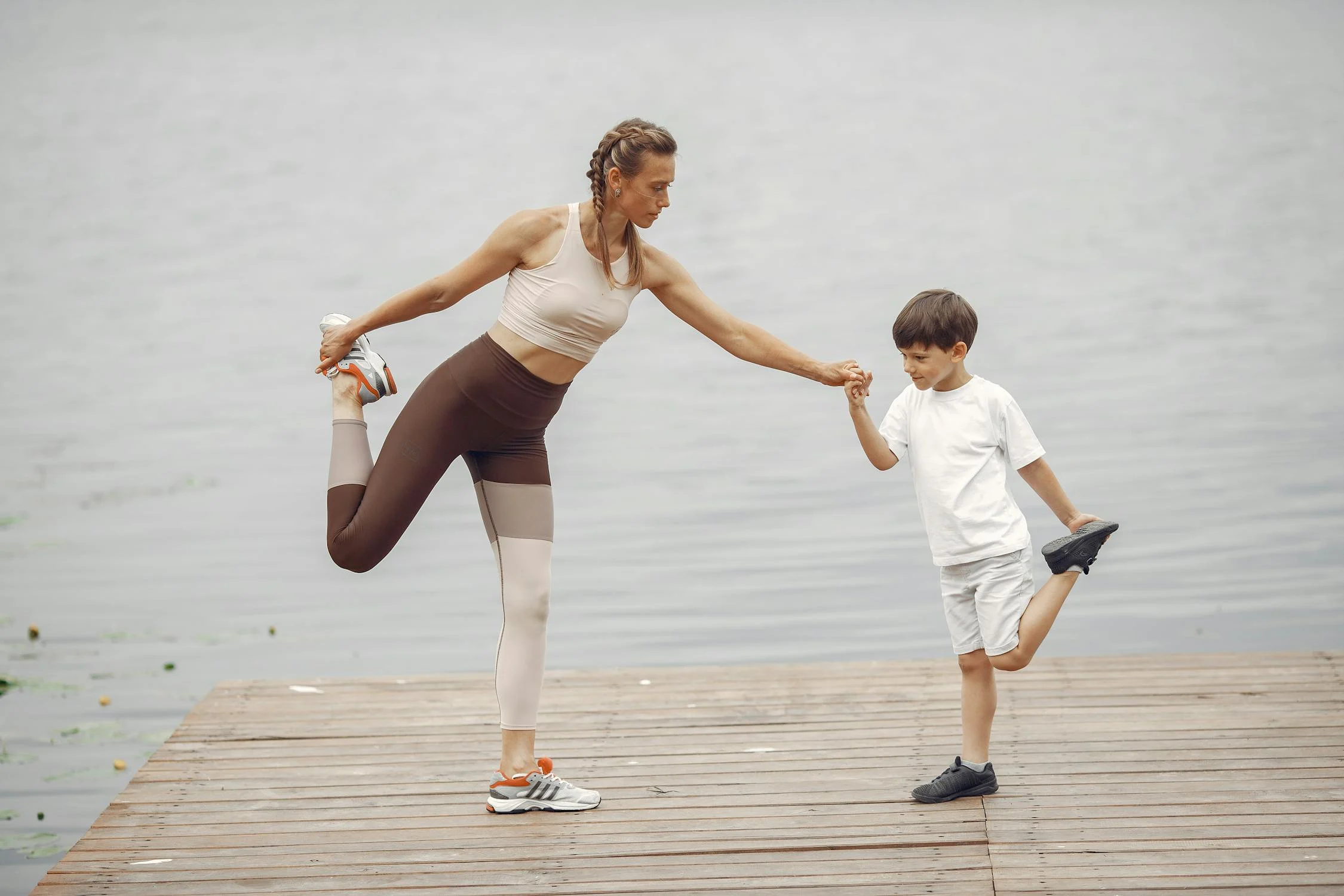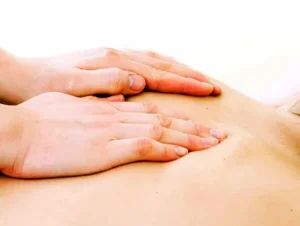Introduction
In today’s fast-paced world, living mindfully has become essential for mental well-being and overall happiness. Mindfulness refers to the practice of being fully present in the moment, paying attention to our thoughts and feelings without judgment. This practice not only helps to reduce stress and anxiety but also enhances our ability to appreciate life’s simple pleasures. This article will explore various aspects of mindfulness and offer practical tips to integrate mindfulness into your daily routine.
Understanding Mindfulness
Mindfulness has its roots in Buddhist meditation but has gained popularity in the Western world as a secular practice. It involves three key components: awareness, acceptance, and presence.
- Awareness: This involves noticing your thoughts, feelings, and surroundings. Instead of getting lost in a sea of distractions, awareness allows you to recognize and acknowledge what is happening in the present moment.
- Acceptance: Mindfulness encourages you to accept your thoughts and feelings without judgment. Rather than pushing away negative emotions or dwelling on past mistakes, mindfulness teaches you to observe them and let them pass.
- Presence: Being present means fully engaging with your current activity, whether it’s eating, walking, or conversing with a friend. This focus enhances your experience and helps to cultivate a deeper appreciation for life.
Benefits of Mindfulness
The practice of mindfulness offers numerous benefits that contribute to a healthier lifestyle:
- Reduced Stress: Mindfulness helps to lower levels of cortisol, the stress hormone, leading to a calmer state of mind. This is crucial in today’s busy world, where stress can take a toll on our physical and mental health.
- Improved Focus: Regular mindfulness practice enhances concentration and attention span. This improved focus can benefit various areas of life, including work, studies, and personal relationships.
- Enhanced Emotional Well-Being: Mindfulness encourages self-awareness, allowing individuals to understand their emotions better. This self-knowledge fosters emotional regulation and resilience, helping people cope with challenges more effectively.
- Better Relationships: By practicing mindfulness, individuals become more empathetic and understanding. This can lead to improved communication and stronger connections with others.
Tips for Practicing Mindfulness
Here are some practical tips to help you incorporate mindfulness into your daily life:
- Start with Meditation: Begin with short meditation sessions. Find a quiet space, sit comfortably, and focus on your breath. When your mind wanders, gently bring your attention back to your breathing. Gradually increase the duration as you become more comfortable.
- Mindful Eating: Transform your meal times into a mindfulness practice. Pay attention to the colors, textures, and flavors of your food. Chew slowly and savor each bite, allowing yourself to fully enjoy the experience.
- Mindful Walking: Take a walk and focus on the sensations in your body. Feel your feet touching the ground, notice the rhythm of your breath, and observe your surroundings. This practice not only promotes mindfulness but also encourages physical activity.
- Limit Distractions: Reduce the use of technology during your personal time. Set boundaries for screen time and engage in activities that promote mindfulness, such as reading or spending time in nature.
- Practice Gratitude: Take a moment each day to reflect on what you are grateful for. This simple practice shifts your focus to the positive aspects of life, fostering a more mindful and appreciative mindset.
- Use Guided Mindfulness: Consider using apps or online resources for guided mindfulness exercises. These tools can provide structure and motivation for your practice.
Integrating Mindfulness into Daily Life
Mindfulness can be woven into various aspects of your life. Here are some ideas for integrating mindfulness into your daily routine:
- Mindfulness in Work: Start your workday with a brief mindfulness exercise. Take a few deep breaths before diving into tasks. Throughout the day, take short breaks to stretch and reconnect with your breath.
- Mindfulness with Family: Encourage family members to practice mindfulness together. Engage in activities that promote mindfulness, such as cooking, gardening, or simply sitting in silence and enjoying each other’s company.
- Mindfulness in Hobbies: Whether it’s painting, writing, or playing a musical instrument, approach your hobbies with mindfulness. Focus on the process rather than the outcome, allowing yourself to enjoy the creative journey.
- Mindfulness in Relationships: Practice active listening when conversing with others. Give them your full attention, avoid interrupting, and validate their feelings. This mindfulness in communication can lead to deeper connections.
Overcoming Challenges in Mindfulness Practice
While the benefits of mindfulness are clear, many individuals face challenges in establishing a consistent practice. Here are some common obstacles and strategies to overcome them:
- Time Constraints: Many people believe they lack the time to practice mindfulness. However, even a few minutes of mindful breathing or meditation can be beneficial. Start small and gradually increase your practice as you find it more manageable.
- Restlessness: It’s common to feel restless during meditation, especially when starting. If your mind wanders, gently guide it back to your breath. Remember that mindfulness is about practice, not perfection.
- Self-Criticism: Some individuals struggle with self-judgment during mindfulness practice. Instead of criticizing yourself for losing focus, approach your practice with kindness and understanding. Acknowledge that it’s normal for the mind to wander.
Conclusion
Living mindfully is a powerful approach to enhancing your lifestyle. By incorporating mindfulness practices into your daily routine, you can reduce stress, improve focus, and foster emotional well-being. Remember that mindfulness is a journey, and it’s essential to be patient with yourself as you develop this skill. If you’re passionate about sharing your insights and experiences with mindfulness, consider contributing to platforms that lifestyle write for us. Your journey could inspire others to embrace mindfulness and enhance their health and well-being.



